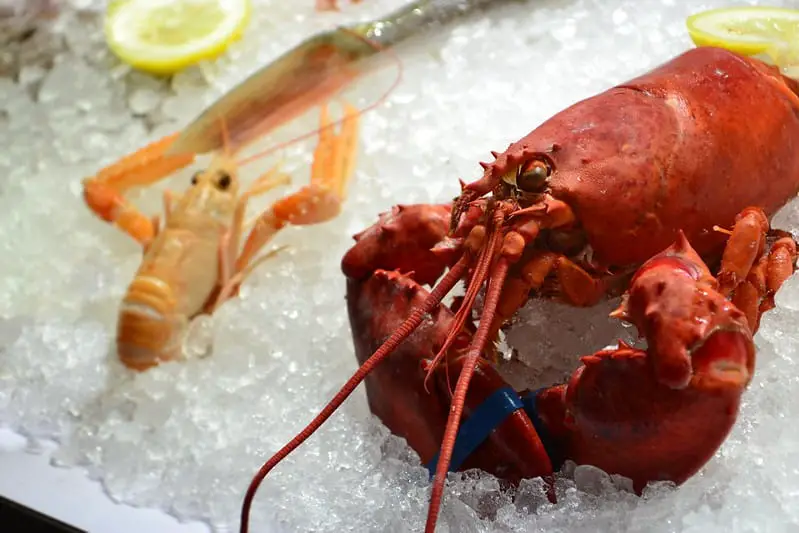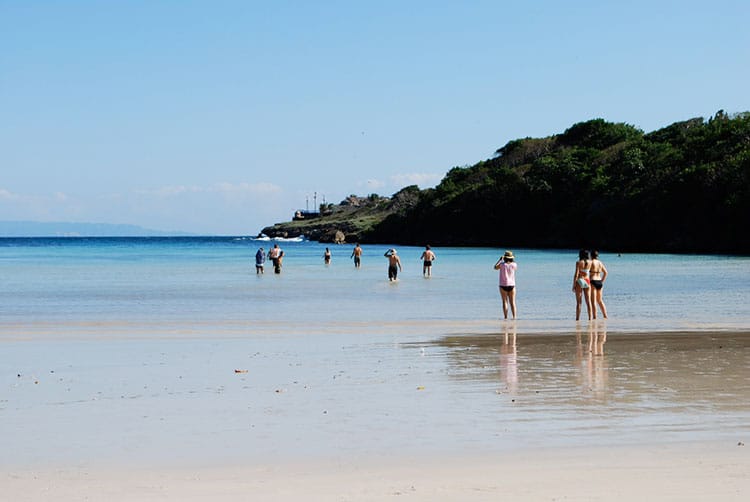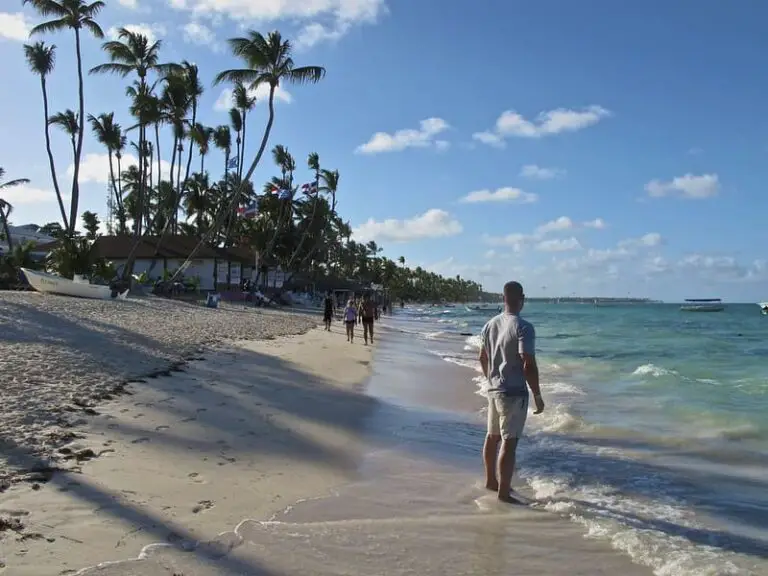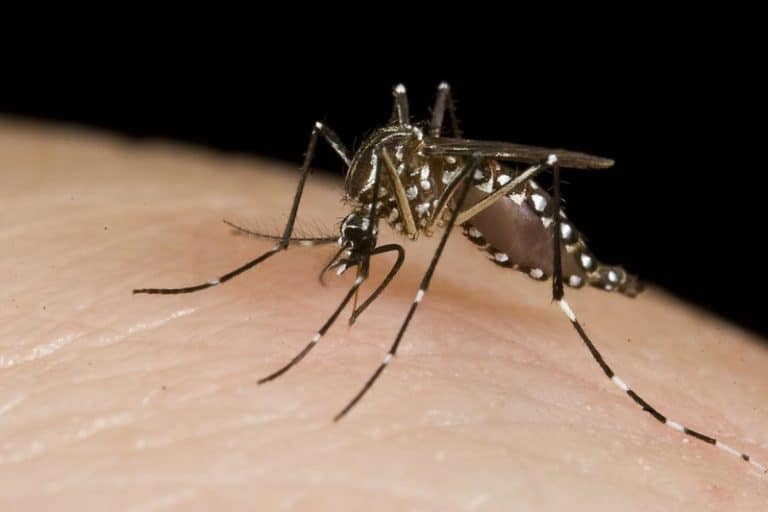Why Is There A Lobster Ban In The Dominican Republic? (Solved)

The Dominican Council of Fisheries and Aquaculture of the Dominican Republic informed of the ban for the capture, storage and commercialization of lobsters in all the national territory.
The species of lobsters in the closed season are: spiny lobster (Panulirus argus), pinta lobster (Panulirus guttatus), mummy lobster (Parribacus antarcticus) and stone lobster (Scyllarides sp).
This prohibition was established many years ago, not only in the Dominican Republic, but in all Central American countries.
During the ban, the capture, processing and possession of live lobsters, meat or dough and the commercialization of these species is prohibited.
The fishing ban is a management measure that protects the reproduction processes of the species and ensures the continuity of fishing activity, on which many coastal communities depend.
The lobster ban in the Dominican Republic only lasts 4 months. The objective of the ban on certain species is to prohibit their capture during a certain period of the year, offering the species a break from over-exploitation.
What restaurants and other businesses do is to stock up on lobster before the close season begins, and keep them frozen or alive in separate ponds.
Contents
Why is there a fishing ban in the Dominican Republic?
The closed season is understood as the period in which the capture of different types of species is prohibited in order to avoid the depredation of animal resources and to allow their reproduction and subsistence.
The ban has proven to be effective for the recovery of resources. In addition, its implementation by the authorities and compliance by fishermen, traders, and consumers brings multiple benefits for each of them, as well as for the ecosystem and the resource itself.
In the Dominican Republic, as well as in other Latin American countries, lobster represents one of the most important fishery resources and a primary source of livelihood for thousands of families.
The preservation of this natural resource is quite appropriate. The lobster ban in the Dominican Republic begins on March 1 and ends on June 30.
What other species are banned in the Dominican Republic?
The lambí
Decree 499-09, under the framework of Law no. 307-04 protects the lambí, along with other snail species from capture, extraction and death.
This closure extends from July 1 to October 31, permanently. Among the other snail species, they include the caracol futuro, caracol pata de mulo, the burgao and the burgao Santa María.
The lambí, as a species, is also protected by the International Convention on Trade in Endangered Species (CITES), of which the Dominican Republic has been a signatory since 1987.
The crab
Decree 6-18 protects the crab during the season that begins on March 1 and ends on June 30 of each year. In addition to establishing the ban during this specific season.
The capture of juvenile crabs is prohibited for the entire year. Decree 813-08, now repealed by this decree, established that the season runs from December 1 to April 30 each year.
Shark
The shark closure is for an indefinite period of time, according to Ministry of Environment Resolution no. 023/2017.
Parrotfish and doctor fish.
The same mentioned resolution vetoes for two years, starting in 2017 the fishing or commercial exploitation throughout the national territory, and retention when they have been accidentally caught.
These fish are recognized as the protectors of our reef corals.
The black urchin
It is also protected for five years, including its capture, commercialization and removal from its natural environment as of 2017.
Wild birds
The Ministry of Environment banned the collection of eggs, destruction of nests and hunting of wild birds, including those of migratory birds for two years, by resolution 0019-17.
The ban is in effect for two years, from June 2017 to 2019. The ban protects birds such as the parakeet, parrot, woodpecker, palm cigua, among others endemic to the island.






